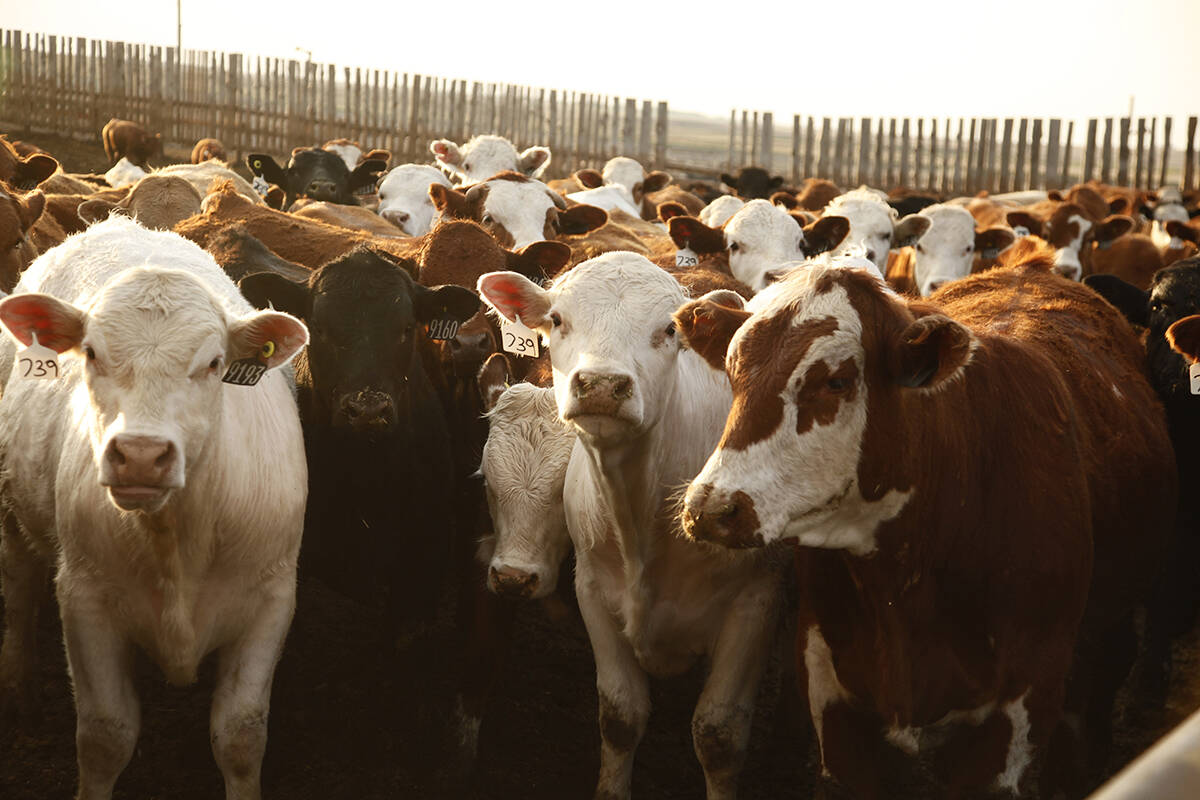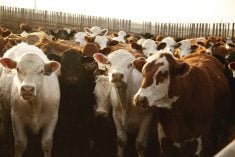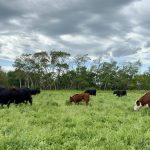Japan is changing its demand for universal BSE testing of beef animals younger than 21 months.
The crux of the issue is proving an animal’s age before resuming beef trade with Canada and the United States.
“They are quite resolved in their intention to get this done,” said Ted Haney, president of the Canada Beef Export Federation.
However, Japan won’t be pressured into making changes.
Since Japanese investigators have not discovered a case in a youthful animal, they are willing to stop testing those younger than 21 months.
Read Also

Canada’s simplified BSE testing program shows good uptake
Going by the number of submitted material samples so far, cattle producers’ response so far to an updated national surveillance program for BSE is encouraging for Canada’s CFIA.
A new Japanese agriculture minister has been appointed replacing a politician who favoured testing of all cattle.
The challenge for Canada and the U.S. is to verify their beef comes from young animals.
Canada is moving to include birth dates in the Canadian cattle identification agency database.
There may be some problem proving the age of 2004 calves, but this year’s crop should be verifiable.
The beef export federation would prefer that birth date information with the identification agency become a formal requirement.
If birth dates are not available, the government of Canada must ensure a carcass inspection or carcass physiology protocol be approved, similar to the U.S. A40 proposal being considered by Japan.
If Japan grants access to the U.S. on the basis of the American A40 grading system, then Japan must also extend that privilege to Canada, said the federation.
The Canadian Food Inspection Agency submitted its first draft of a protocol for age verification to Japan on March 21, and is waiting to see if it meets Japanese criteria.
The CFIA submitted a package of information to the food safety commission explaining how the national identification program and birth date entries might be verified, said Richard Robinson of the agency.
“You can’t have birth date information submitted with no oversight in terms of the accuracy of the information so we have provided them with general information on how we expect to proceed with on-farm visits to check the accuracy,” he said.
Japanese officials inspected the identification program in Calgary last November.
“The sense we have with respect to age verification is that they are a lot more enthusiastic with the national database than perhaps some other methods that are being proposed to be used,” Robinson said.
The U.S. has identified only two percent of its herd, mostly through special branded programs such as the Harris Ranch beef program or organic beef programs.
Japan has found 16 cases of BSE since September 2001, but beef consumption is returning to pre-BSE levels.















